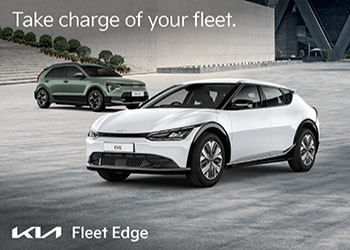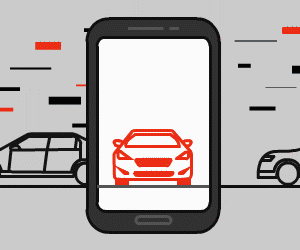A new study has shown that diesel cars sales will continue to fall within the UK, as motorists abandon them for petrol or electric vehicles.
Research from Aston University has warned that diesel sales will contribute just 15 per cent of the total UK market by 2025, down from a 50 per cent peak.
“The time is right for the government to take the initiative and offer up scrappage benefits to those who are prepared to ditch their diesels and switch to electric cars,” automotive expert Professor David Bailey said.
While moves towards electric and more sustainable vehicles are certainly welcomed within the automotive industry, diesel has received a notoriously bad wrap from an environmental perspective. But given recent technological developments, the latest batch of diesel engines are much cleaner and produce less carbon dioxide than petrol equivalents.
Another issue of contention for the UK is the proposed tax rises and inner-city bans that would make the models unusable for many drivers. Currently, diesel models account for four out of 10 new cars sold, but that figure is under continued threat within the region.
And the Brits aren’t alone, with Australian diesel-powered passenger vehicles halfing within the past decade. In 2008, there were 11,923 units sold but that number plunged to just 6,046 units by 2017.
ACEA Secretary General Erik Jonnaert said it was the responsibility of both manufacturers and governments to help facilitate a transition towards sustainable fuel sources.
“To this end, more needs to be done to encourage consumers to buy alternatively-powered vehicles, for instance by putting in place the right incentives and deploying recharging infrastructure across the EU,”
“In the meantime, however, as diesel cars emit significantly less CO2 than equivalent petrol-powered vehicles, they will have to be part of the gradual transition to low-carbon vehicles, acting as a ‘bridge’ technology.”
The future of fleet and transport is quite clearly an eventual transition to electric vehicles, but as with any technological advancement getting to that end goal will remain the challenge for the industry. In the case of Australia, geographic and infrastructural concerns will pose just as much of an obstacle as getting government and manufacturers on board to support such a transition.











